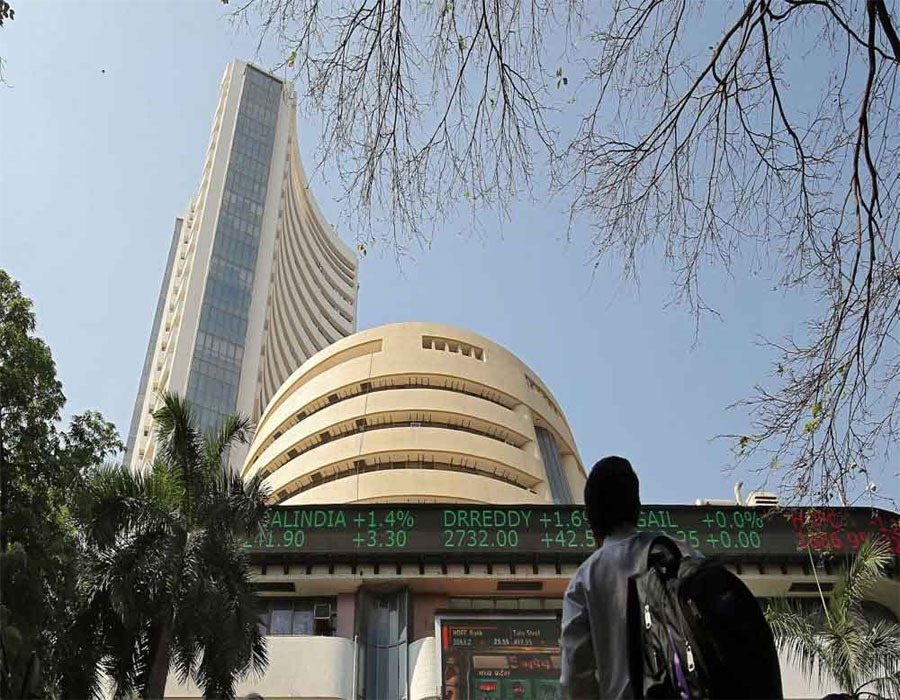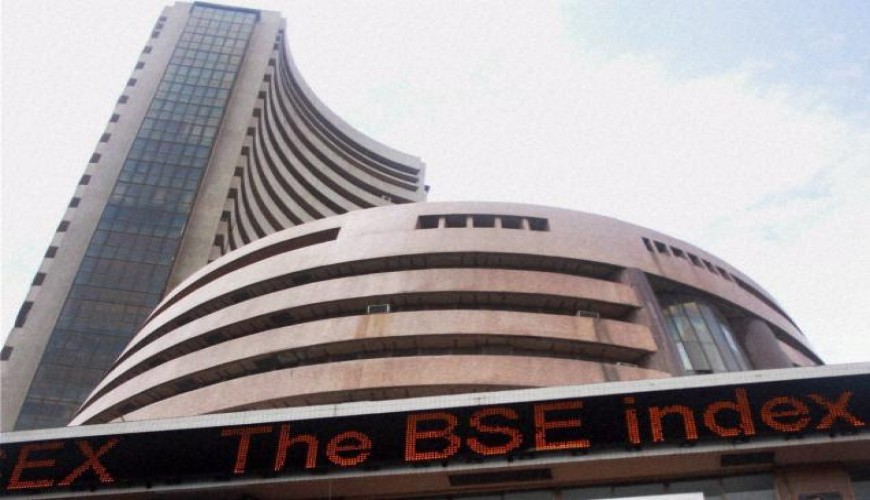Since market conditions are volatile, an experienced fund manager should have the expertise to switch between both the strategies to satisfy investors
The science of stock market investing has long been a mystery for normal retail investors and there are numerous debates about which strategy is better. There are two divergent ideologies: Active and passive investment. The passive strategy, which is mainly followed by the legendary Warren Buffet, is a long-term one that mirrors a particular index where the returns are generated due to the natural upswing of stock markets, ignoring short-term setbacks and even sharp downturns. The simplest way of embarking on a passive approach is to buy an index fund that follows one of the major indices like the S&P 500, Dow Jones and BSE Sensex or Nifty in India. These index funds automatically adjust their portfolios to any new additions or deletions to the original index in the same proportion. Passive investment is for conservative and risk-averse people who are looking for low-risk investment and are not overly concerned with seeing rapid gains. The idea behind this is the classic value investing style, which looks at long-term benefits of holding on to undervalued stocks with huge future earning power.
Active investing, on the other hand, aims to generate above market returns by an in-depth research and analysis and using the knowledge and expertise to manoeuvre into or out of a particular stock, bond or any asset, taking full advantage of short-term price fluctuations. Since it does not necessarily mimic any index, it provides the flexibility of buying stocks which could be hidden gems. Since active investors are not stuck with index stocks, they are able to exit any sector or stocks when the risk becomes too high and can also hedge their bets using various techniques such as short sales or put options. However, all the research overheads and frequent buying and selling make active investment very expensive. It is also a highly risky affair since higher returns can only be expected when the going is good but things can go terribly wrong during market downturns and therefore, due to its volatile nature, the active investment strategy is better suited for people who are aggressive and risk-tolerant. In passive management, one rises and sinks with the ship whereas actively managed funds have the ability to provide greater opportunity for profit, albeit, increasing the risk. According to researchers who propagate the efficient market hypothesis (EMH), stock markets are efficient in nature and, therefore, actively managed funds cannot outperform them over a long period of time.
So does active portfolio management create value? The debate about the merit of active vs passive portfolio management is supported by numerous researches worldwide. In the mid-1960s, Eugene Fama adjusted the EMH and suggested three forms of informational efficiencies; the weak form, semi-strong and strong. This hypothesis suggests that investors cannot beat the markets by actively managing portfolios, as stock markets incorporate all the publicly available and privately-held information into price movements. Therefore, fund managers cannot beat the stock markets and generate higher returns on a long-term basis. This theory is supported by many researches. In 1966, Treynor and Mazuy studied the performance of 57 mutual funds and their sensitivity to market fluctuations and concluded that maybe, no investor, professional or amateur, can outguess the market. A similar study in 1968 by Jensen found that average mutual funds produced low returns. In a study to understand the importance of selecting a good fund manager, Dunn and Theiser in 1983 found that there is only a 50-50 chance that an active fund manager can produce better returns than the bourses. This was reiterated by the Nobel laureate, Sharpe, in 1991 who showed that active fund managers cannot give better returns than passive investment strategies, mainly due to active management being expensive.
That brings us to the question, can anyone predict the stock market movements and earn abnormal returns? Nobel laureate Samuelson quotes Aristotle in explaining this, “The whole is greater than the sum of its parts.” This means that an investor cannot do better than the bourses. Sharpe explains this on the basis of costs and says since both active and passive management generate equal returns before costs, active management loses as it is costlier, and therefore generates less after-cost returns.
Modern portfolio theory assumes that all market participants are rational in their investment behaviour and invest only in stocks at their fair value. However, in reality, the markets consist of various investors who are driven by different emotions, impulses, experiences, risk tolerance, timelines and legal constraints. Since efficient market hypothesis presumes that all available information is reflected in the stock process accurately and timely, no investor can earn abnormal returns. They can, of course, earn normal returns, which are the market returns. This assumption is used as an excuse by people who have faced losses during any meltdown, as they take a break in using their prudence, creativity and perception to invest. But there is always a gap between theory and practice. The question now arises: Are stock markets efficient? Do they reflect all available information accurately and timely? There is evidence that market efficiencies may be lower in emerging markets that can give a chance to active fund managers to find arbitrage opportunities. After the 2008 financial crisis, the developed world has focussed on emerging markets, which have risen as engines for global growth, driven by younger populations, higher consumption levels, modernisation of infrastructure and integration with the world economy. According to UNCTAD’s World Investment Report 2019, FDI flows to developing economies rose by two per cent to $706 billion in 2018. Developing Asia, already the largest recipient region of FDI flows, registered an increase of four per cent to $512 billion, with positive growth occurring in all sub-regions. China attracted $139 billion, an increase of four per cent. Flows to South-East Asia rose by three per cent to $149 billion, a record level. This increase is for the third consecutive year. FDI flows to Africa expanded by 11 per cent to $46 billion. Emerging markets, being informationally inefficient, may provide opportunities for excess returns and portfolio diversifications through market timing and stock selection.
A study by Kremnitzer shows that actively managed mutual funds outperformed passive ones. The researcher, using data from TD Ameritrade Research and the Standard and Poors NetAdvantage database on all existing US mutual funds and exchange traded funds (ETFs), dedicated to emerging markets, found that the before tax returns of actively-managed mutual funds yielded superior returns of approximately 2.87 per cent over passively managed ETFs. So, which investment style should be chosen? An apt strategy could be to combine both active and passive investment styles, depending on the stock market conditions. Active fund management could be especially beneficial when stock markets are volatile. Passive fund management is a better strategy where the stocks and markets are highly correlated and move together.
Ultimately, it comes down to personal priorities, timelines and goals. An experienced fund manager should have the expertise to switch.
(The writer is Associate Professor, Amity University, Noida)








 OpinionExpress.In
OpinionExpress.In















Comments (0)